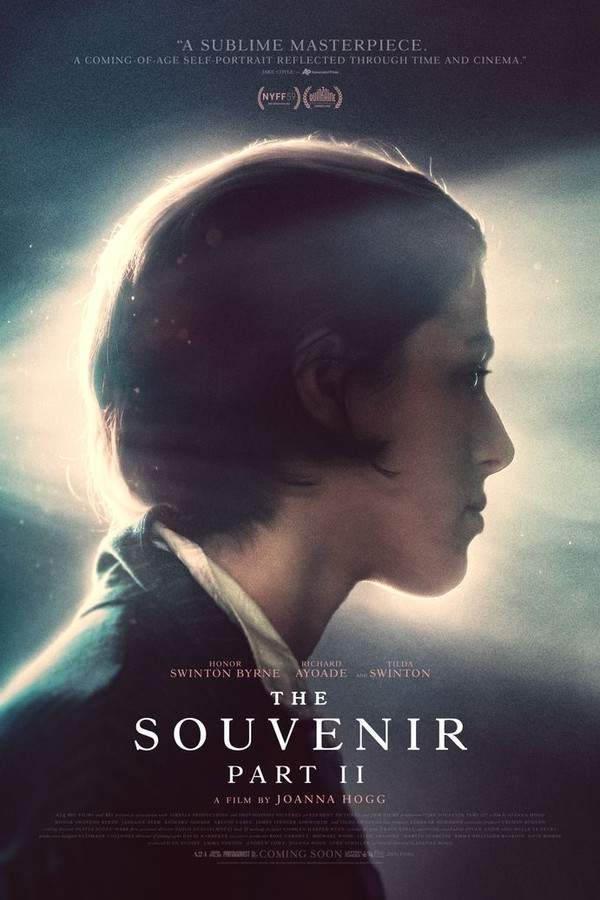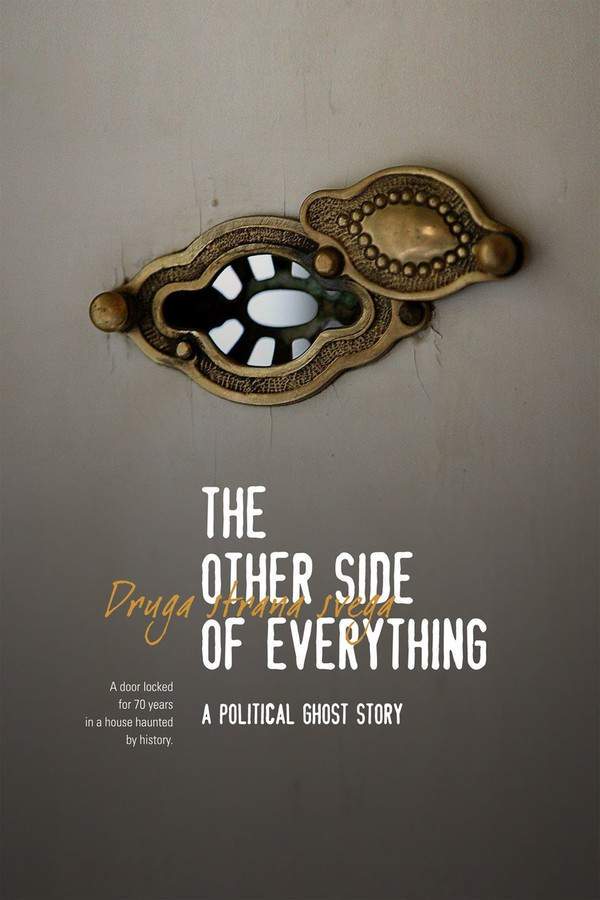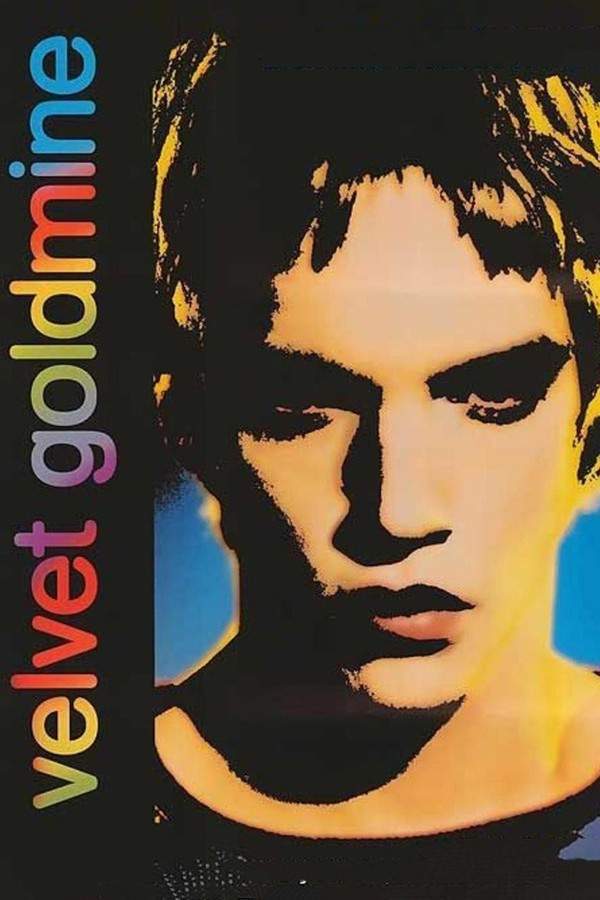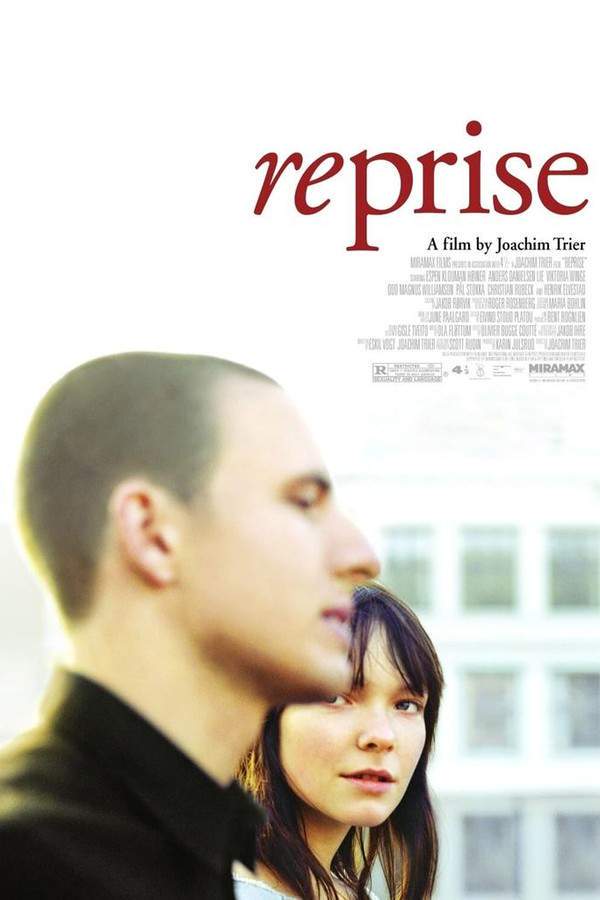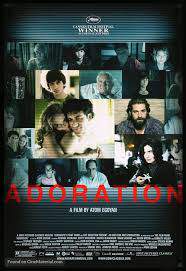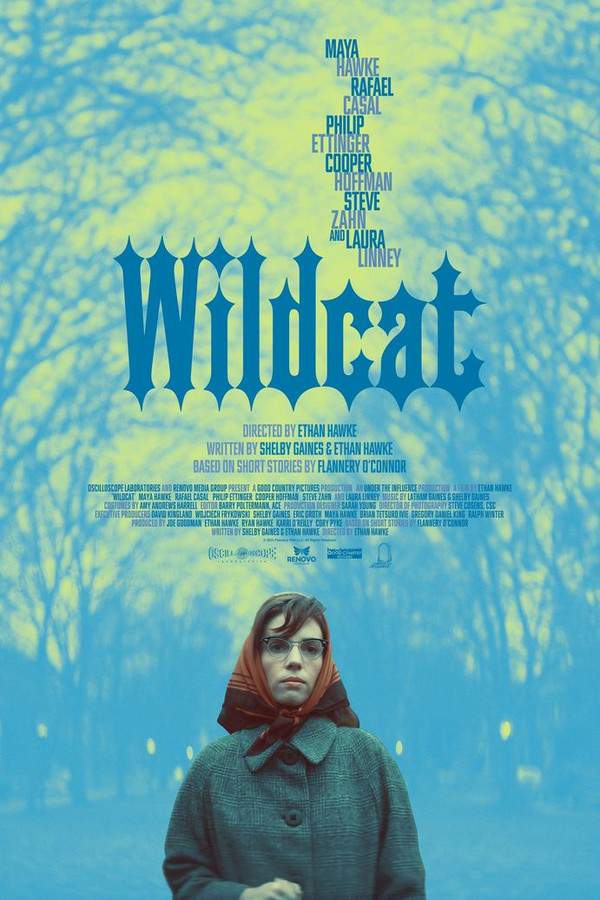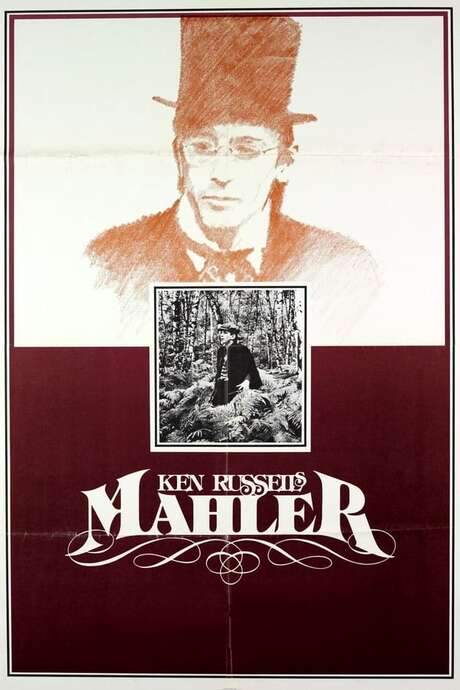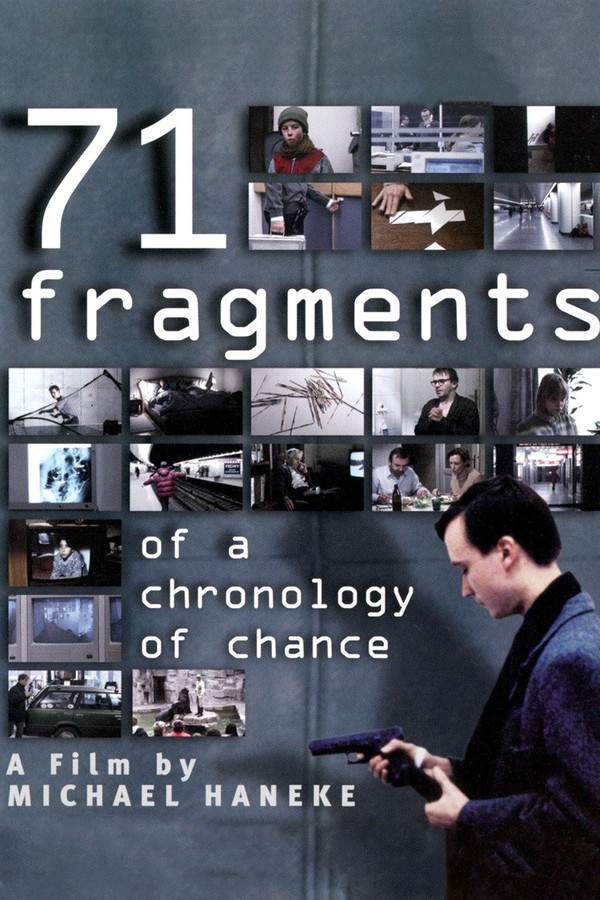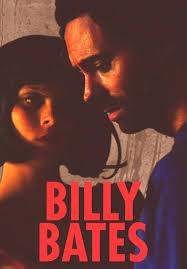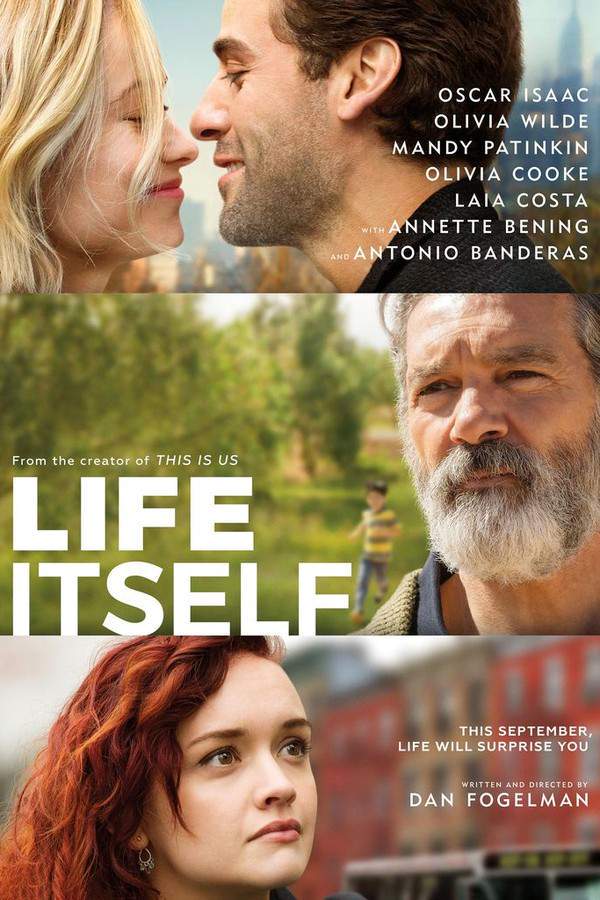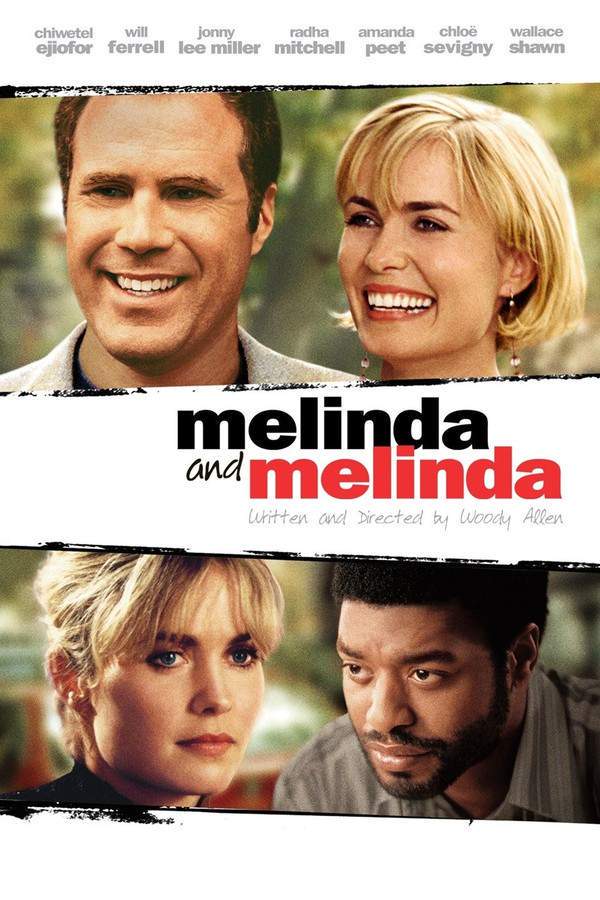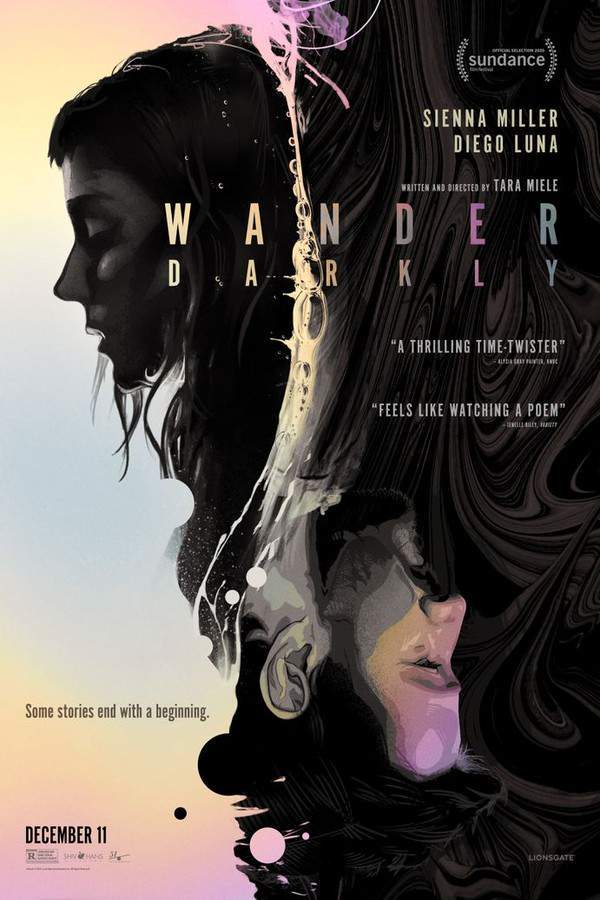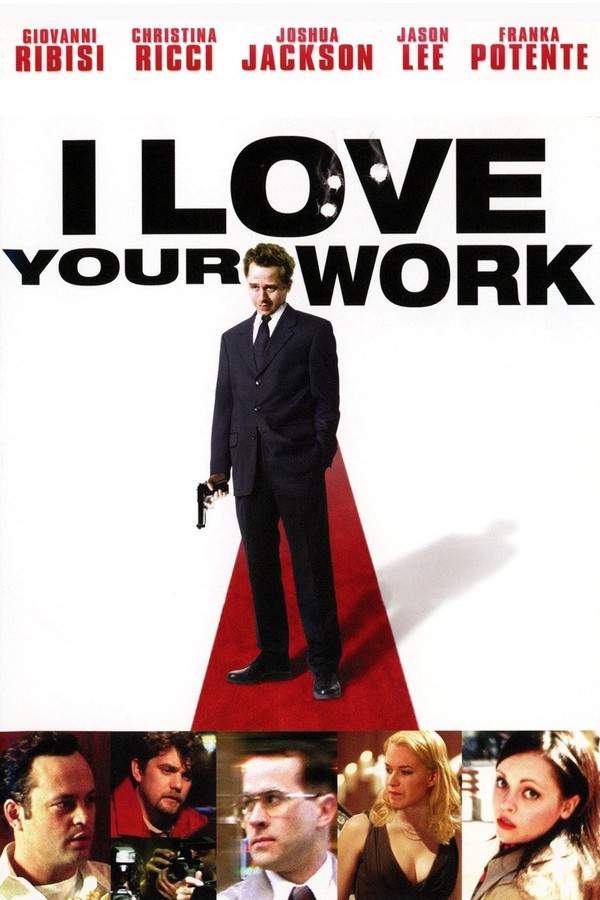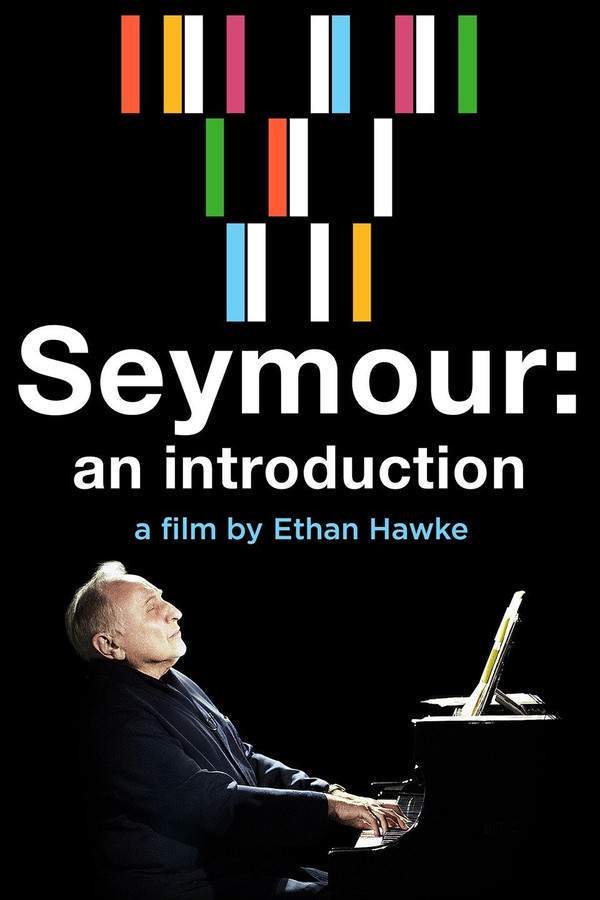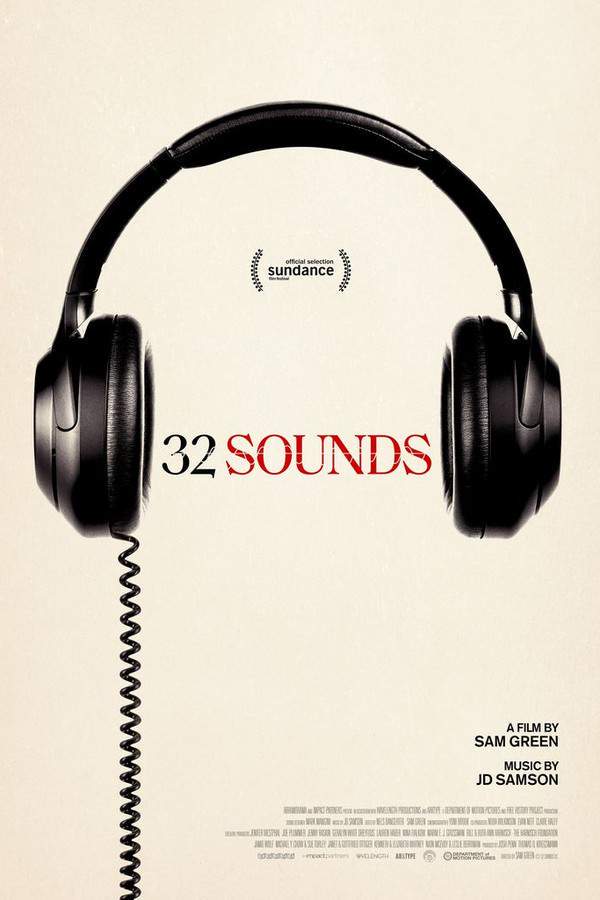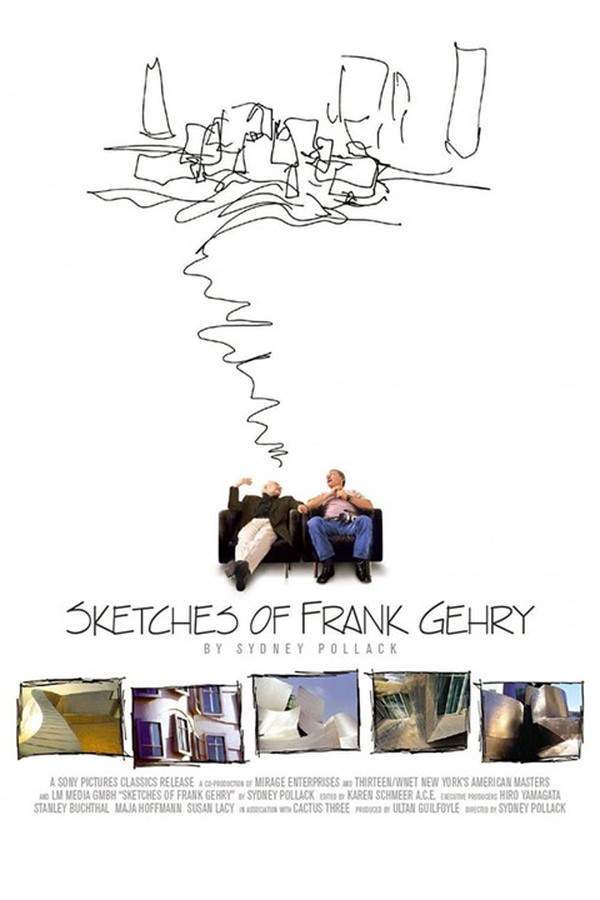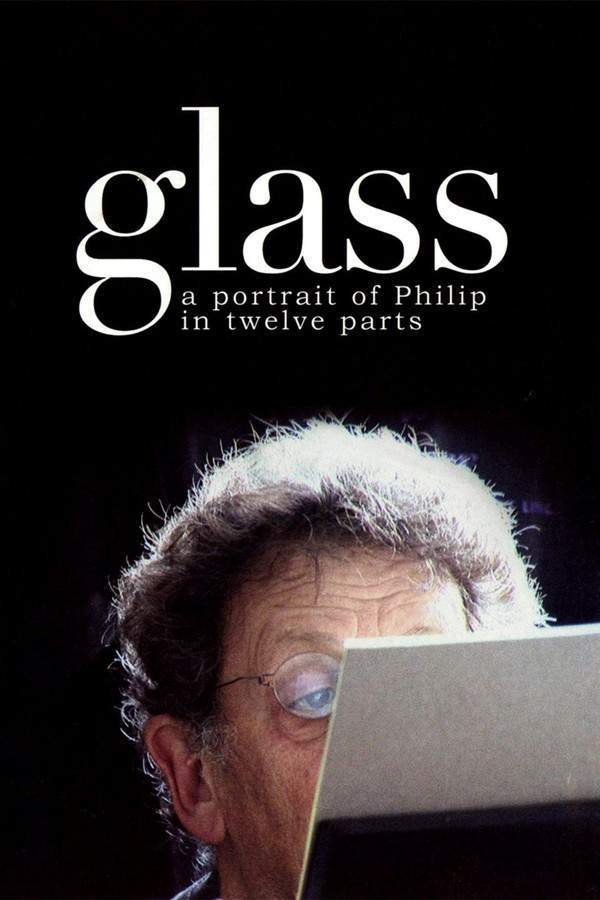
Thirty Two Short Films About Glenn Gould
Year: 1993
Runtime: 93 mins
Language: English
Director: François Girard
The sound of genius. A collection of vignettes highlighting different aspects of the life, work, and character of the acclaimed Canadian classical pianist.
Warning: spoilers below!
Haven’t seen Thirty Two Short Films About Glenn Gould yet? This summary contains major spoilers. Bookmark the page, watch the movie, and come back for the full breakdown. If you're ready, scroll on and relive the story!
Thirty Two Short Films About Glenn Gould (1993) – Full Plot Summary & Ending Explained
Read the complete plot breakdown of Thirty Two Short Films About Glenn Gould (1993), including all key story events, major twists, and the ending explained in detail. Discover what really happened—and what it all means.
Set against memories of a cottage by Lake Simcoe, Colm Feore portrays Glenn Gould as a man who carries the past like a quiet, persistent melody from childhood into a unique adult career. He recalls the moment he seemed destined to be a concert pianist at age five, a path he believes his Mother had already mapped out for him. The film gently unfolds Gould’s early gifts—reading music before he could read words—and his first lessons in Bach, learned from his mother, whose influence threads through everything that follows. This is less a simple rise to fame than a meditation on how a prodigy builds a private world around an astonishing gift.
As Gould grows, he imagines interviewing himself, turning the lens inward to question why he walked away from performing live at thirty-two and chose instead to communicate with audiences through media. He repeatedly returns to a core image: the musician as an autocrat, a figure who wields control over performance and perception even when he tries to be genial. The film uses these internal dialogues to explore the tension between precision and humanity, between an artist’s demands and the messy reality of human connection.
In parallel, Gould’s work on radio documentaries emerges, most notably The Idea of North, a piece about how environment shapes solitude and isolation in Northern Canada. In conversations with interviewers, he explains that this project is one of only five to address isolation and reveals a faint weariness about gravity of serious expression, hinting at a future shift toward comedy. The dialogue probes why he pursues musical perfection with such restraint, and why he answers questions only by telephone. The interviews probe whether Gould’s fascination with technology is really a shield from genuine relationships, a barrier that keeps others at a comfortable arm’s length while he remains intensely focused on his craft.
The narrative thickens as financial markets falter. Gould receives a tip from the bodyguard of visiting Sheik Yamani to invest in Sotex Resources, a move that makes him the sole winner amid the meltdown’s chaos. Yet this windfall sits beside quieter, unsettling scenes: a bathroom crowded with medications—Valium, Trifluoperazine and Librax—that raise questions about how much pressure a life of genius can bear. Gould’s lighthearted insistence that he isn’t taking all the pills at once stands in stark contrast to the ominous undertone of a man edging toward the edge of control.
As his birthday nears, the specter of loneliness looms. He fears that no one will attend his funeral, even as his work continues to sell robustly in Central Europe and Japan. The film confirms Gould’s death at age 50 by stroke, a moment that could feel abrupt but is instead handled with quiet gravity. His cousin, Jessie Greig, challenges that fear, insisting that the funeral was, in fact, heavily attended, and that Gould’s influence outlived his own doubts. The closing note ties Gould’s life to a larger cultural footprint: Voyager I and Voyager II carry Bach’s music — a final, public testament to the music he made and the way his art travels beyond one life.
Throughout, the film remains deeply reflective, weaving memory and truth into a portrait that celebrates Gould’s artistry while acknowledging the personal costs of reaching for perfection. The result is a measured, compassionate, and thought-provoking examination of a musical icon who chose to speak to the world not just with notes, but through the evolving medium of media itself.
Last Updated: October 09, 2025 at 11:22
Explore Movie Threads
Discover curated groups of movies connected by mood, themes, and story style. Browse collections built around emotion, atmosphere, and narrative focus to easily find films that match what you feel like watching right now.
Movies about artistic genius like Thirty Two Short Films About Glenn Gould
Intimate explorations of the minds and struggles of brilliant creators.If you were fascinated by the introspective look at a creative mind in Thirty Two Short Films About Glenn Gould, explore other movies like it. This thread features similar films about renowned artists and the emotional toll of their brilliance, focusing on character-driven stories of creativity and madness.
Narrative Summary
Stories in this thread often deconstruct the myth of the 'tortured artist' through a subjective lens, using unconventional structures to mirror the creative process itself. The narrative journey is internal, charting the protagonist's relationship with their art, their struggles with perception, and the ultimate weight of their legacy.
Why These Movies?
These films are grouped together for their shared focus on the psychological depth of creative individuals. They possess a similar melancholic, reflective mood, a deliberate pacing that allows for contemplation, and a thematic core that examines the isolation and obsession that often accompany extraordinary talent.
Movies with a vignette structure like Thirty Two Short Films About Glenn Gould
Stories told through a mosaic of moments, memories, and impressions.For viewers who appreciated the unique, fragmented narrative of Thirty Two Short Films About Glenn Gould, this thread collects similar movies that tell their stories through vignettes. Discover other complex, non-linear films that build a portrait from moments and memories, offering a deeply engaging and thoughtful viewing experience.
Narrative Summary
The narrative pattern is defined by its structure: a series of self-contained yet interconnected scenes, which can range from documentary-style interviews to abstract visual poems. This approach emphasizes mood and theme over plot, creating a cumulative emotional and intellectual impact rather than a single climactic resolution.
Why These Movies?
These films are united by their inventive, non-linear storytelling. They share a complex narrative structure that demands engagement, a variable pacing that shifts between segments, and an overall feel that is more meditative and impressionistic than conventionally dramatic.
Unlock the Full Story of Thirty Two Short Films About Glenn Gould
Don't stop at just watching — explore Thirty Two Short Films About Glenn Gould in full detail. From the complete plot summary and scene-by-scene timeline to character breakdowns, thematic analysis, and a deep dive into the ending — every page helps you truly understand what Thirty Two Short Films About Glenn Gould is all about. Plus, discover what's next after the movie.
Thirty Two Short Films About Glenn Gould Timeline
Track the full timeline of Thirty Two Short Films About Glenn Gould with every major event arranged chronologically. Perfect for decoding non-linear storytelling, flashbacks, or parallel narratives with a clear scene-by-scene breakdown.

Characters, Settings & Themes in Thirty Two Short Films About Glenn Gould
Discover the characters, locations, and core themes that shape Thirty Two Short Films About Glenn Gould. Get insights into symbolic elements, setting significance, and deeper narrative meaning — ideal for thematic analysis and movie breakdowns.

Thirty Two Short Films About Glenn Gould Spoiler-Free Summary
Get a quick, spoiler-free overview of Thirty Two Short Films About Glenn Gould that covers the main plot points and key details without revealing any major twists or spoilers. Perfect for those who want to know what to expect before diving in.

More About Thirty Two Short Films About Glenn Gould
Visit What's After the Movie to explore more about Thirty Two Short Films About Glenn Gould: box office results, cast and crew info, production details, post-credit scenes, and external links — all in one place for movie fans and researchers.

Similar Movies to Thirty Two Short Films About Glenn Gould
Discover movies like Thirty Two Short Films About Glenn Gould that share similar genres, themes, and storytelling elements. Whether you’re drawn to the atmosphere, character arcs, or plot structure, these curated recommendations will help you explore more films you’ll love.
Explore More About Movie Thirty Two Short Films About Glenn Gould
Thirty Two Short Films About Glenn Gould (1993) Scene-by-Scene Movie Timeline
Thirty Two Short Films About Glenn Gould (1993) Movie Characters, Themes & Settings
Thirty Two Short Films About Glenn Gould (1993) Spoiler-Free Summary & Key Flow
Movies Like Thirty Two Short Films About Glenn Gould – Similar Titles You’ll Enjoy
Seymour: An Introduction (2015) Plot Summary & Ending Explained
32 Sounds (2023) Spoiler-Packed Plot Recap
Sketches of Frank Gehry (2006) Detailed Story Recap
Glass: A Portrait of Philip in Twelve Parts (2008) Spoiler-Packed Plot Recap
30/30 Vision: Three Decades of Strand Releasing (2019) Complete Plot Breakdown
The Glenn Miller Story (1954) Full Movie Breakdown
Glenn Gould: Off the Record (1959) Plot Summary & Ending Explained
Glenn Gould: On the Record (1959) Story Summary & Characters
Glen or Glenda (1953) Detailed Story Recap
The Idea of North (1970) Full Movie Breakdown
Genius Within: The Inner Life of Glenn Gould (2009) Detailed Story Recap
Bass on Titles (1977) Story Summary & Characters
40,000 Years of Dreaming (1996) Full Movie Breakdown
Glenn Gould’s Toronto (1979) Detailed Story Recap
30 Minutes, Mister Plummer (1963) Ending Explained & Film Insights


